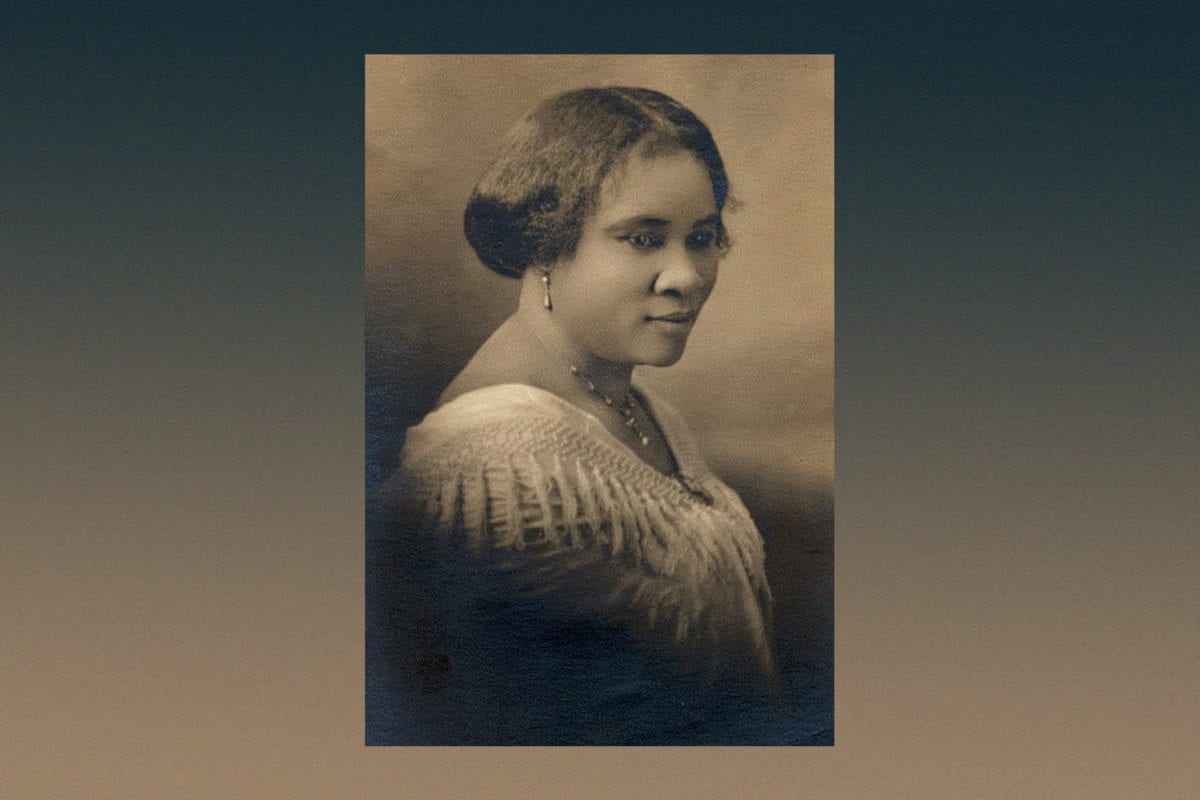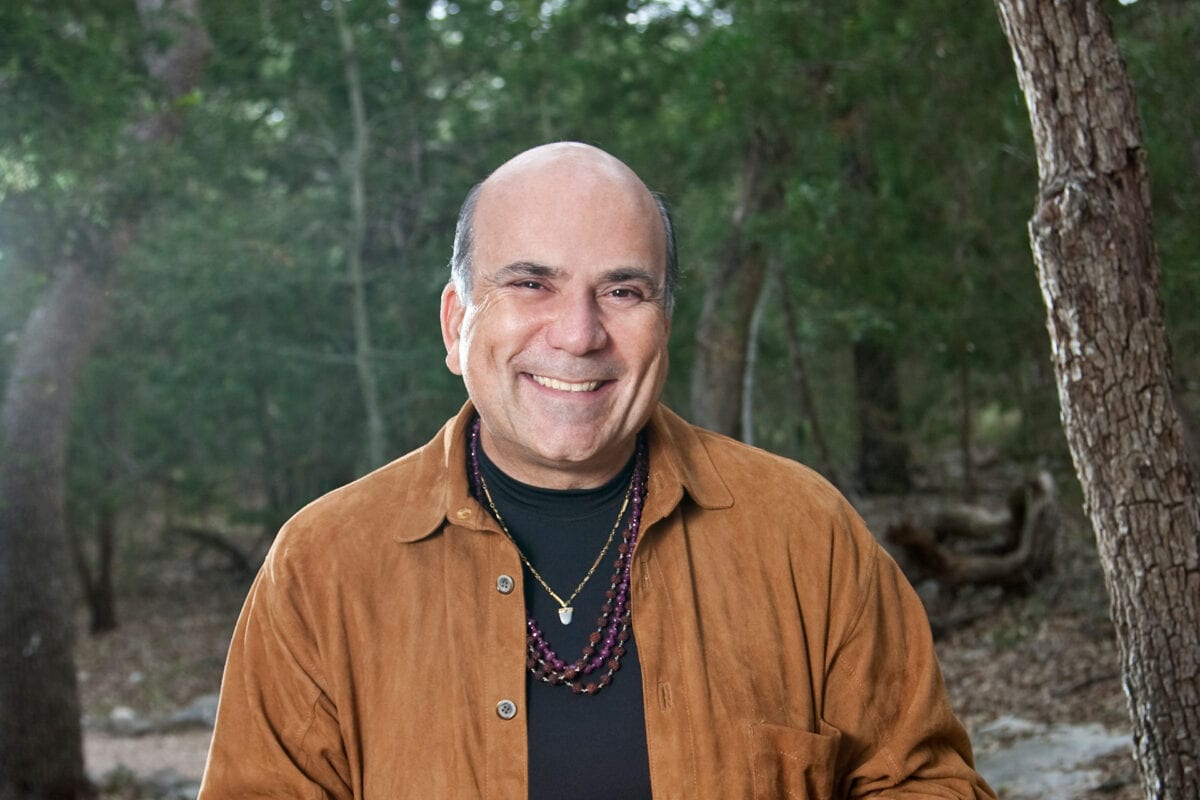Female entrepreneurs face a difficult road, even in the modern day. For women in business, dealing with the inequality and sexism that remains after decades of incremental progress can be hard enough, but when the challenges of starting and running a business are added to the mix, the obstacles sometimes seem insurmountable. Now imagine being a woman of colour trying to succeed as an entrepreneur in America at the turn of the 20th century.
Madam C.J. Walker did exactly that, overcoming a difficult early life in the post-slavery era to build a successful business for herself and become America’s first self-made female millionaire. Born in Louisiana as Sarah Breedlove in 1867, she was the first person in her family born into freedom, just four years after the official end of slavery. Walker was a true trailblazer as both a woman and a person of colour, paving the way for other women in the business world and empowering the African American population to dream of – and achieve – success.
After losing her parents at a young age and enduring abusive conditions, Sarah worked in intensive labour, married young, and gave birth to a daughter. When her child was just two years old, Sarah’s husband died. She remarried but left her second husband in 1903 and moved to Colorado the following year. She married her third husband, newspaper ad salesman Charles Joseph Walker, in 1906, and took the name Madam C.J. Walker, borrowing “Madam” from the female pioneers of the French beauty industry. Her daughter, born Lelia McWilliams, also changed her name, to A’Lelia Walker
Sarah had issues with hair loss and other scalp problems, as did many black women of her time. In 1904, she began working as a saleswoman for African American beauty entrepreneur Annie Turnbo Malone (who would later become her main business rival) and was eventually inspired to go into business for herself. “I got my start by giving myself a start,” Walker often said about her success.
She went on to invent “The Walker System” of haircare products, featuring growth ointment, hair oil and psoriasis scalp treatment. In 1906, she put her daughter A’Leila in charge of the mail order portion of the business while she and husband Charles travelled around the southern and eastern US to expand her empire. Her husband Charles acted as her partner, assisting her with guidance on promotion and advertising.
Walker was a supporter of other entrepreneurs and promoted economic success among African American women, training them to become “beauty culturalists” and employing her products, including shampoo and pomade, to promote healthy hair. By 1917, Walker’s company claimed to have trained some 20,000 women. In addition to developing her own products, Walker also adapted the hot comb to have more widely-spaced teeth, to accommodate black women’s coarser and thicker hair, and to help straighten it to better fit in with white society. As her business grew, Walker actively encouraged the women who worked for her to aspire to financial independence, teaching them about budgeting and building their own businesses.
Walker was also a philanthropist and activist, donating to the YMCA and contributing scholarship funds to numerous schools, institutions and churches, including the Tuskegee Institute, Mary McLeod Bethune’s Daytona Education and Industrial School for Negro Girls (later Bethune-Cookman University), the Palmer Memorial Institute in North Carolina, and Georgia’s Haines Normal and Industrial Institute.
“I am a woman who came from the cotton fields of the South,” Walker told the National Negro Business League in a 1912 address. “From there I was promoted to the washtub. From there, I was promoted to the cook kitchen. And from there, I promoted myself into the business of manufacturing hair goods and preparations. I have built my own factory on my own ground.”
As an entrepreneur, saleswoman, inventor, executive and philanthropist, Walker was a trailblazer. She built a legacy for herself in the beauty world and encouraged other business owners throughout the early 20th century. Her work allowed many women in the black community to achieve economic success and independence.
When Walker died in 1919 at the age of 51, she was considered the wealthiest African American woman in the country and was remembered as the first female self-made millionaire in American history. Her daughter, A’Leila, would take over as president of the business her mother founded, continuing its expansion in black haircare and beauty products.
Walker’s legacy lives on as a pioneer in not only the beauty industry, but in the business world at large, and she continues to be a role model for entrepreneurs, particularly women and people of colour, over a century after her success. Long before Oprah Winfrey or Martha Stewart, there was Madam C.J. Walker.
Tasnia Nasar | Contributing Writer



















